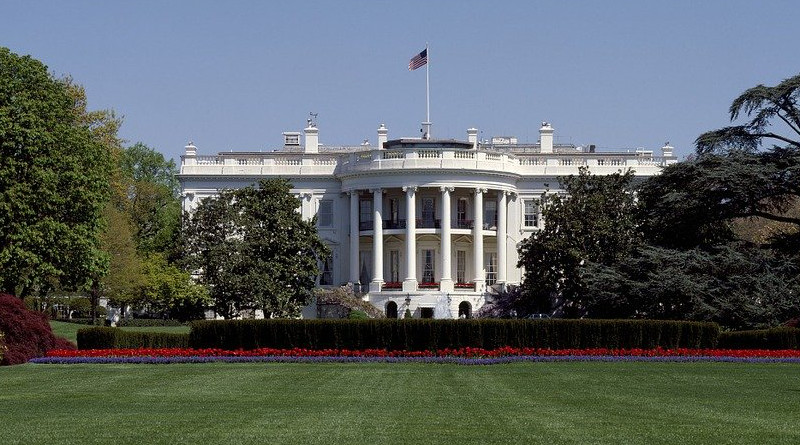Trump and Vance Set to Overhaul Energy and Immigration Policies
As Donald Trump and JD Vance prepare to take office, their administration is poised to address the issues left by the previous Biden-Harris Administration. With a strong mandate from voters—garnering 50% of the popular vote and an overwhelming 82% of county votes—they aim to tackle key challenges in energy, economic management, and immigration.
By January 20, the new administration will confront several pressing problems, including illegal immigration, excessive government spending, and international conflicts. Trump plans to implement changes to reduce government waste, receiving advice from various experts. A major focus will be on re-evaluating climate policies initiated by previous administrations.
Energy and Climate Policy Revisions
One of the administration’s immediate goals is to withdraw the United States from the 2015 Paris Agreement, which mandates a shift from fossil fuels to renewable energy to reduce greenhouse gas emissions. Critics argue that adhering to these terms would lead to economic downsides such as blackouts, de-industrialization, and job losses. The agreement also obligates wealthier nations to contribute $300 billion annually to developing countries for climate damage compensation and renewable energy projects. However, countries like China and India are not required to cut emissions under this agreement, potentially offsetting any reductions made by Western countries.
Another proposed action is to send the Paris Agreement to Congress for Article II Senate advice and consent, treating it as a treaty rather than a mere agreement. This approach challenges President Obama’s decision to bypass Senate review, which opponents argue undermines democratic principles.
Reassessing Environmental Regulations
The administration plans to tackle what it describes as “junk science” underlying current climate policies. This includes reexamining the 2009 EPA “Endangerment Finding,” which identified carbon dioxide emissions as a threat to public health. Fossil fuels, which provide 80% of America’s energy and support its economy, are seen by some as essential. Critics of the finding argue that it lacks a solid scientific basis and defies several Supreme Court decisions.
To address these concerns, EPA Administrator Lee Zeldin is expected to lead a formal review of the decision-making process behind the Endangerment Finding, ensuring it aligns with recent Supreme Court rulings.
Further Actions and Initiatives
The administration also plans to use the Congressional Review Act to reverse last-minute regulatory actions taken by the Biden-Harris administration, such as the ban on coal leasing in the Powder River Basin. Additionally, it intends to open non-National Park areas for exploration of critical minerals and metals, emphasizing the need for domestic resources to reduce reliance on foreign adversaries for vital materials.
In Alaska, the administration aims to reopen the Arctic National Wildlife Refuge for oil and gas exploration, counteracting President Biden’s 2023 decision to cancel all leases. This move aligns with Congressional legislation from 2017 that permitted these activities.
Further proposals include redefining sustainability to account for full lifecycle impacts of energy technologies and eliminating subsidies for offshore wind projects. The administration also seeks to streamline nuclear power plant development, especially small modular reactors, to meet growing electricity demands.
Lastly, the administration plans to end programs related to Diversity, Equity, and Inclusion, as well as Environmental and Climate Justice, arguing that they hinder effective governance.
The new administration’s agenda represents a significant shift in federal policies, aiming to address what it perceives as ineffective and harmful regulations, while prioritizing economic growth and energy independence.
Original Story at www.eurasiareview.com
